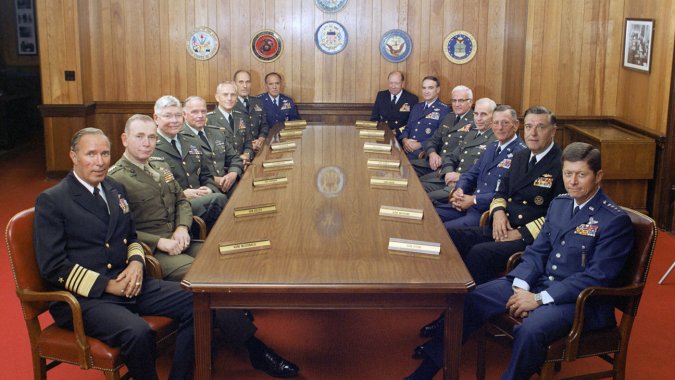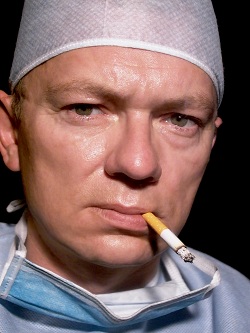More than any other reason, Donald Trump has supporters–a loud minority, no matter what he says–because some Americans feel awful and want to stamp their feet and say they’re great. That’s what people do when they’re at their worst, their most bitter. Easier to do that than seek real solutions.
Michael Moore is releasing a new documentary about American militarism, the brilliantly titled Where to Invade Next, and sat for a Q&A with the Vice staff. (They’ve labeled it an “exclusive” because Moore is famously shy and probably won’t do any more press for the film.) I interviewed Moore years ago and he’s a nice, bright guy, though I don’t agree with his political purity. That’s what led him to support Ralph Nader in 2000, in the ludicrous belief that there was no difference Bush and Gore. It’s what drove Moore to lambaste the Affordable Care Act, a flawed piece of legislation I’ll agree, but a marked improvement and a huge step in the right direction. Whether it’s some demanding exceptionalism or others accepting only perfection, it’s puzzling when adults see the world in only black and white.
An excerpt from Vice:
Question:
But don’t you also think that the country has to be open to introspection? The narrative of American exceptionalism—the idea that this is the best, bravest, most free country ever—to me suggests a culture that is not introspective. Do you think Americans are introspective?
Michael Moore:
Well, I think that American exceptionalism will be the death of us. It’s almost like saying we don’t really need to find a cure for cancer ’cause we’re big enough and brave enough to suck it up and get through it. It’s the sort of belief that we’re on top when we’re not.
Question:
What do you think politicians are trying to say when they talk about American exceptionalism?
Michael Moore:
They’re trying to make people feel good, who deep down inside don’t feel good… In America we keep saying, “We’re number one, we’re number one,” and it’s at the point now where we need to think about who we are really trying to convince.
The facts don’t bear it out. We’re not number one in education, we’re not number one in mass transit, we’re not number one in health care, we’re not number one in… name it, you know?
Question:
So is your film documenting the death of the American dream?
Michael Moore:
I think you could say that about my earlier films, but I think that that so-called dream is already dead. And people know it. But they also really realize that it’s also just what it says it was: a dream. It wasn’t the American reality. It was a dream. And the dream has become a nightmare for millions of people because they’re not going to get the life that their parents had, and they know their kids are not going to get to have the life that they’ve had.•



